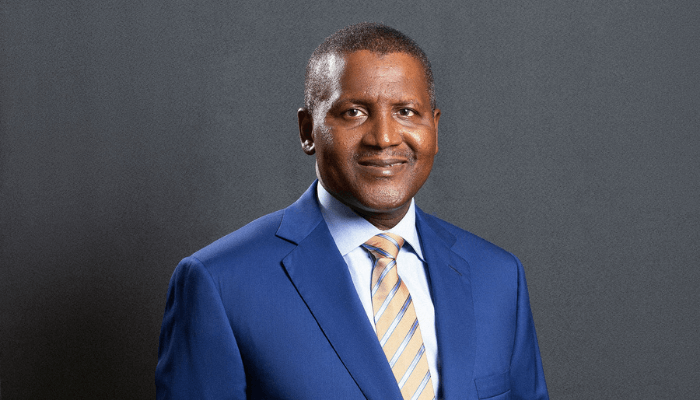Africa’s wealthiest man, Aliko Dangote, has offered to transfer ownership of his multibillion-dollar oil refinery to the state-owned energy company, NNPC Limited.
Dangote’s decision comes amid a growing dispute with a key equity partner and ongoing tensions with Nigerian regulatory authorities. The 650,000 barrel-per-day refinery, which began operations last year after a decade of construction, cost $19 billion—more than twice the initial estimate. It is designed to reduce Africa’s reliance on imported fuel and cut foreign exchange spending on imports.
Dangote stated, “If NNPC wants to buy me out and manage the refinery, they should go ahead. They have labelled me a monopolist, which is an unfair accusation. If they buy me out, they will have the chance to prove otherwise.” He expressed his willingness to let go of the refinery if it means resolving the ongoing fuel crisis in Nigeria.
Despite plans for the refinery to begin supplying petrol in August, the plant has struggled to operate at full capacity due to difficulties in sourcing crude oil. The refinery has been operating at just above half its capacity since January and has turned to suppliers in Brazil and the US to fill the gap in supply.
Dangote revealed that the refinery’s challenges have validated concerns raised by his friends and associates, who had advised him to be cautious about investing heavily in Nigeria’s oil and gas sector.
In a recent development, Devakumar Edwin, Vice President of Oil and Gas at Dangote Group, accused the Nigerian Midstream and Downstream Petroleum Regulatory Authority (NMDPRA) of allowing the importation of substandard fuel. NMDPRA responded by alleging that diesel from the Dangote refinery, as well as from other modular refineries, had high levels of sulphur, which is harmful to engines and the environment.
During a recent tour by members of the House of Representatives, Dangote refuted these claims. Lab tests of diesel samples from the Dangote refinery showed a sulphur content of 87.6 parts per million (ppm), significantly lower than the 1800 ppm and 2000 ppm levels found in other samples.
Dangote has also announced plans to halt his investment in Nigeria’s steel industry to avoid accusations of monopolistic practices and to prevent the encouragement of imports.
